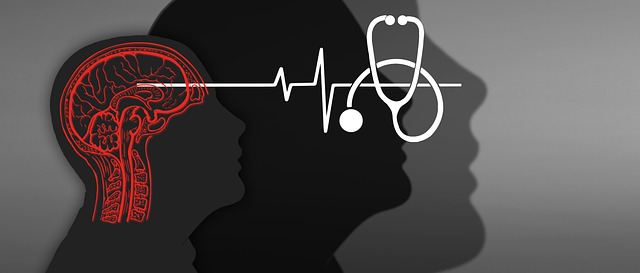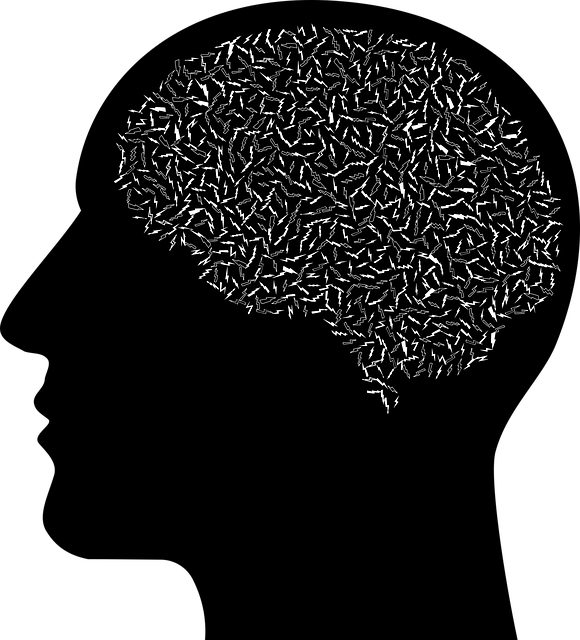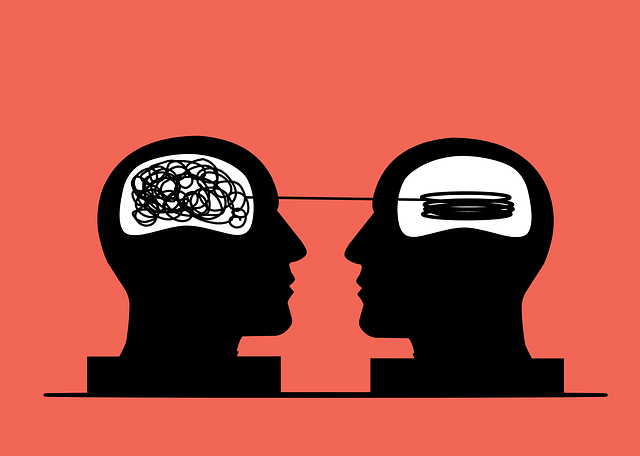Longmont Chronic Pain Therapy offers a holistic approach, recognizing the link between chronic pain and mental health. They provide workshops on Inner Strength Development and utilize cutting-edge risk assessment tools, combining strategies like mindfulness, deep breathing, and cognitive-behavioral therapy to help patients manage symptoms and build resilience. This proactive method, integrated with empathetic care, empowers individuals to take control of their well-being, reduce mental illness stigma, and live more fulfilling lives despite chronic pain.
In the realm of healthcare, managing chronic pain effectively is paramount, especially when intertwined with stress. This article explores Longmont Chronic Pain Therapy’s innovative approach to teaching stress management techniques. We delve into understanding the complex relationship between chronic pain and stress, and present strategies such as mindfulness, relaxation, and cognitive techniques integrated into treatment plans. By equipping individuals with these tools, therapists aim to enhance quality of life for those navigating the challenges of chronic pain in Longmont.
- Understanding Chronic Pain and Stress: A Complex Relationship
- Teaching Effective Stress Management Techniques for Longmont Chronic Pain Therapy
- Integrating Mindfulness, Relaxation, and Cognitive Strategies in Treatment Plans
Understanding Chronic Pain and Stress: A Complex Relationship

Chronic pain and stress are intricately linked, creating a complex relationship that demands nuanced understanding. Longmont Chronic Pain Therapy recognizes this connection, offering specialized services to address both aspects holistically. Prolonged exposure to stress can exacerbate chronic pain conditions, while persistent pain can significantly increase an individual’s stress levels, leading to a vicious cycle. Breaking this cycle is crucial for overall well-being and quality of life.
Through Inner Strength Development techniques taught in their workshops, Stress Management Workshops Organization aims to empower individuals to navigate this relationship effectively. This involves not just managing symptoms but also fostering resilience and coping mechanisms. Mental health professionals play a pivotal role in assessing risk factors unique to each patient’s pain and stress profile, utilizing the latest research and tools for precise interventions as part of their risk assessment practices.
Teaching Effective Stress Management Techniques for Longmont Chronic Pain Therapy

In the context of Longmont Chronic Pain Therapy, teaching effective stress management techniques is an integral part of holistic patient care. Chronic pain conditions often intertwine with mental health issues, and addressing stress can significantly enhance overall well-being. By incorporating evidence-based stress management strategies, therapists in Longmont can empower individuals to navigate their pain more effectively. This involves guiding patients through practices such as mindfulness meditation, deep breathing exercises, and cognitive-behavioural therapy techniques, which have proven beneficial in reducing stress and improving quality of life.
Stress Management is not just about coping with challenges; it’s a process that fosters Mental Illness Stigma Reduction Efforts by promoting positive thinking and emotional resilience. Through tailored instruction, individuals experiencing chronic pain can learn to manage their stress levels, thereby breaking the cycle of pain-stress amplification. This proactive approach not only enhances the effectiveness of Longmont Chronic Pain Therapy but also encourages patients to take charge of their health and embrace a more fulfilling life despite their condition.
Integrating Mindfulness, Relaxation, and Cognitive Strategies in Treatment Plans

In the realm of Longmont chronic pain therapy, integrating mindfulness, relaxation, and cognitive strategies is a holistic approach that empowers individuals to manage their pain effectively. Mindfulness practices like meditation help patients stay present, reducing rumination on pain experiences. Relaxation techniques such as deep breathing and progressive muscle relaxation alleviate tension and promote physical and mental calmness. Cognitive strategies, including reframing negative thoughts and challenging unhelpful beliefs, enable individuals to perceive pain differently, thereby decreasing its impact.
These integrated methods foster empathy building strategies among therapists, enhancing the therapeutic bond. By understanding the unique cognitive and emotional landscape of each patient, professionals can tailor treatment plans that address not just the physical symptoms but also the mental and emotional components of chronic pain. This comprehensive approach, coupled with risk assessment for mental health professionals and public awareness campaigns development, ensures a more effective and compassionate care experience for those navigating chronic pain.
In conclusion, integrating effective stress management techniques into Longmont Chronic Pain Therapy is vital for comprehensive patient care. By understanding the complex relationship between chronic pain and stress, healthcare providers can utilise mindfulness, relaxation, and cognitive strategies to empower patients with tools that enhance their overall well-being. These techniques not only support pain reduction but also foster resilience, enabling individuals to navigate life’s challenges with greater ease.














